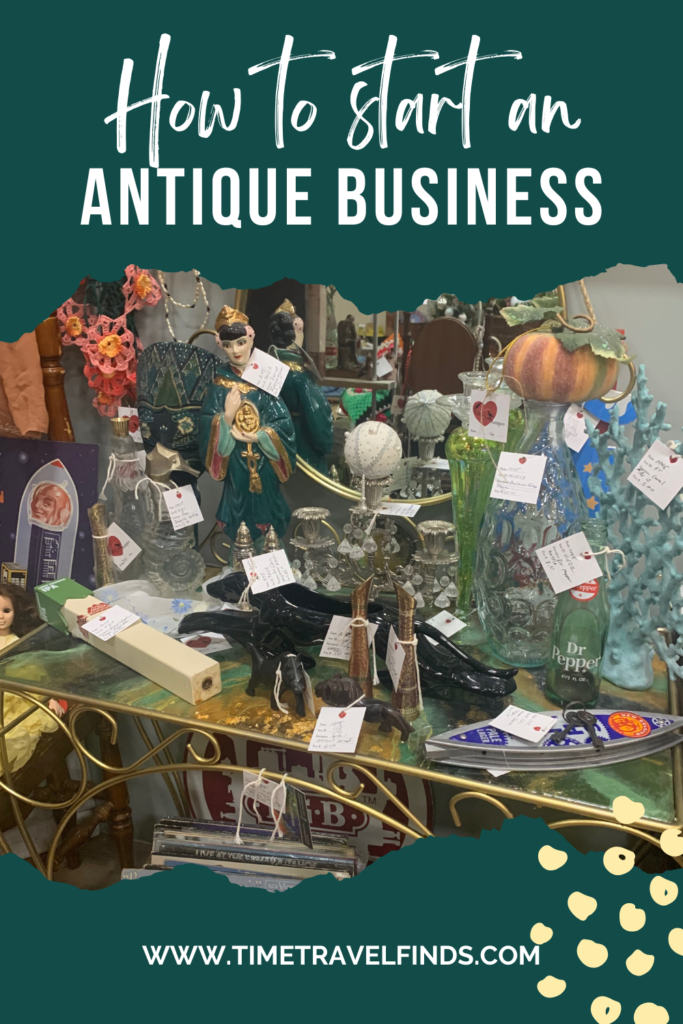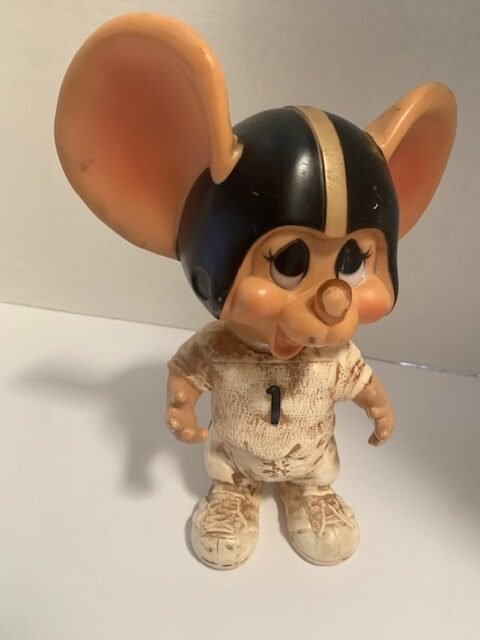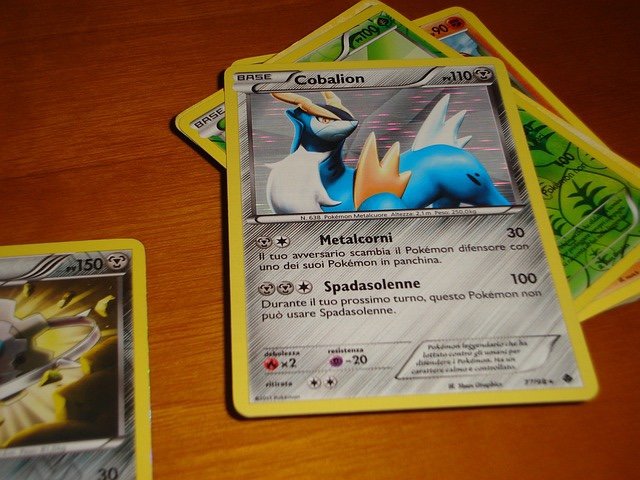Antique dealers combine a love of history with business savvy in order to make money buying and selling antique items. You can do the same thing. While getting started as an antiques dealer may seem like a complicated process, it isn’t as difficult as it seems. In fact, you probably have most of the skills you need already. The real challenge will be learning how to identify valuable antiques and sell them to other people.
Antique dealing can be a profitable side business or primary source of income if you’re willing to put in the time and effort required. It’s also a niche business that has many advantages compared to other businesses like opening a fast food restaurant or bar. There are plenty of people interested in antiques, so there is also less competition than you might find with another type of small business venture.

Why Start An Antique Business?
Antiques are more than just old pieces of furniture and artwork. They are also a primary source of cultural insight. They help connect people to the past in many different ways. Some people like to collect antiques because they are fascinated by history. Others enjoy the aesthetic and design aspects of antiques. There are also people who prefer to collect antiques because they appreciate their value as a financial investment.
Antique dealers can make a good living by selling valuable antiques to people who appreciate their cultural significance. In fact, the global antique market is worth around $40 billion annually. You can make money in this market too. In order to start your own antique business, you will need to: Identify a niche market for antiques – such- as sports memorabilia or vintage clothing. You can then focus your efforts on this niche. – Find a profitable way to sell antiques – such as a shop, online store, or pop-up market. – Develop the knowledge, skills, and business acumen needed to succeed in the antique business.
Find The Best Markets For Selling Antiques
Antique dealers typically specialize in a specific type of antique. They then find buyers who are interested in purchasing that specific type of antique. For example, an antique dealer who specializes in antique baseball cards would find buyers interested in buying cards related to famous baseball players.
You can also find antique markets where there isn’t a specific niche for antiques. For example, there are people interested in buying and selling vintage furniture and clothing. You can also find people interested in buying and selling antique artwork, furniture, coins and other collectibles, books, and toys. The key to finding an antique market is to identify a niche where you can find many buyers interested in purchasing specific types of antiques. It is also helpful to find a market where you can easily sell your antiques.
Renting an antique booth or case is a great way to get started and get a feel for what people buy, as well as testing out how to setup an antique selling space.
Know The Steps To Starting An Antique Business
There are several steps you can take to start an antique business. The first thing you should do is to choose a name for your business. When you scale and become known for certain things, this will allow you to branch out further faster with a following.
You should also register your business and get any necessary permits and licenses. Next, you need to make a plan for your antique business. This should include a marketing and sales plan, inventory management plan, and financial forecast. You also need to set up a physical location for your business. You will also want a website for online sales.
Set Up Your Shop Or Online Store
You can sell antiques either in a brick-and-mortar store or online. You can also sell antiques from a pop-up shop or other temporary location. Brick-and-mortar stores are likely to be more profitable, but online sales are easier to scale as your business grows.
You can set up a pop-up shop quickly and easily. It will be less expensive than opening a brick-and-mortar store. If you choose to sell online, you can use websites like eBay and Etsy as online marketplaces for selling your antiques. You can also create a website for your business. You can even use Facebook to sell antiques online. Look for antique groups and buy sell groups there and on other social platforms.
Get The Right Equipment For Running An Antique Business
You will need certain types of equipment to run your antique business. You are more likely to succeed in the antique business if you have the right equipment. These include business equipment like a computer, printer, and website.
You also need physical equipment like a space to store your antiques, furniture, and other items. You also need specialized equipment for the different aspects of running an antique business. For example, you need a scale to weigh coins and other collectibles. You also need a magnifying glass and other tools for examining antiques and other items.
If you are selling online, you will need packing supplies and a camera for photographing your items.
You should also get insurance for your antique business. This includes business insurance, property insurance, and health insurance. You also need insurance for your antiques. This includes insurance for theft and vandalism.
Conclusion
Antique dealers combine a love of history with business savvy in order to make money buying and selling antique items. You can do the same thing. While getting started as an antiques dealer may seem like a complicated process, it isn’t as difficult as it seems. In fact, you probably have most of the skills you need already. The real challenge will be learning how to identify valuable antiques and sell them to other people.
You can follow us on Instagram & TikTok @timetravelfinds for more tips on starting an antique business!








3 Comments
Comments are closed.